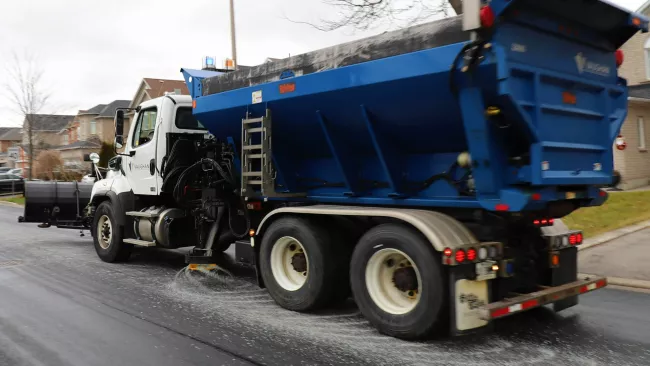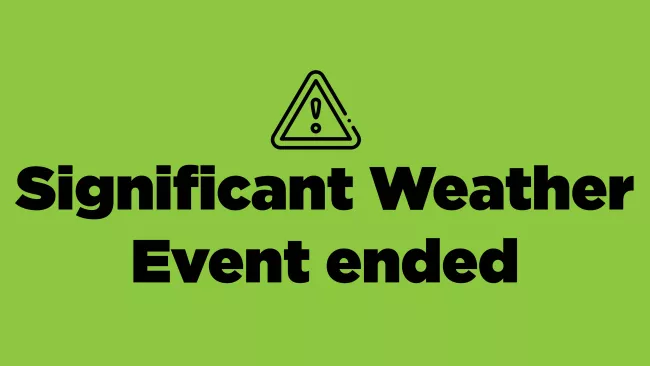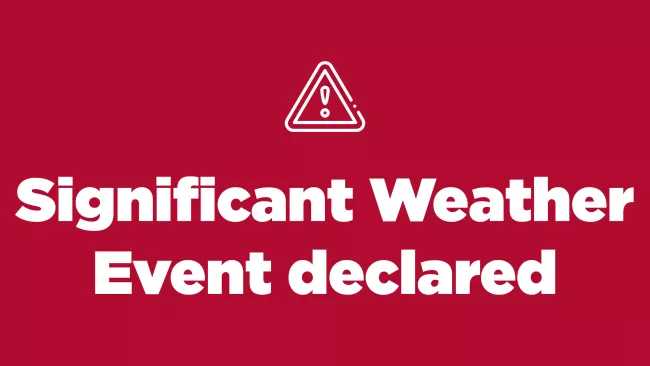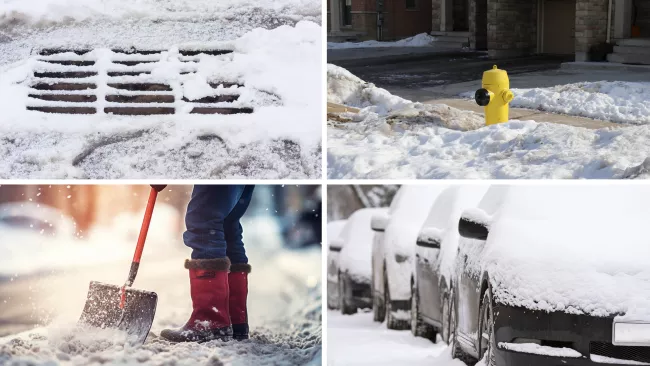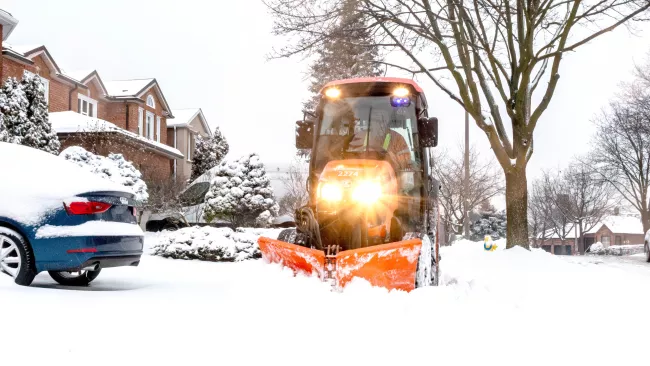Your salting questions, answered!
Winter brings snow, ice and everything not so nice – but we’re ready to take on any type of weather Mother Nature sends our way!
The City of Vaughan’s Public Works crews are responsible for maintaining more than 2,200 lane kilometres of roads, more than 1,200 kilometres of sidewalks, park walkways and 63 City-owned facilities. To ensure all roads and walkways are cleared and safe in cold temperatures, our fleet of more than 230 vehicles are on standby to service our community all winter long.
Keeping Vaughan residents and visitors safe, informed and moving is a top priority. Understanding what salting involves, when the service begins and what can impact our operations will help you stay prepared throughout the winter season.
We’re answering your top salting questions:
Why does the City salt when it’s not snowing?
Salt is applied to roads and sidewalks to manage snow and ice buildup effectively. This process helps prevent ice formation on roadways and makes snow removal more efficient, as it reduces the likelihood of snow freezing to the surface. Where weather conditions warrant, salting is completed on main roads within four hours and residential roads within 12 hours.
How does the City determine how much salt to use?
The City uses an award-winning artificial intelligence-based tool called the Maintenance Decision Support System (MDSS) to help our operators use the right amount of salt required for each winter storm. Since adopting this innovative technology in 2018, the City has decreased salt usage by more than 100 tonnes per salting event. MDSS saves the City money and is beneficial for the environment as it reduces the amount of salt that could enter the stormwater system – and subsequently, bodies of water – through catch basins in the road. Vaughan was the first municipality in Canada to incorporate this technology into its salting operations, which has since been adopted throughout Ontario.
How can I protect my pets from salt?
Wash or wipe your pet’s paws after being outside to help avoid irritation with road salt or consider using booties to protect their paws. Salt should not be ingested. When there’s extremely cold weather, keep your pets – including dogs, cats and birds – indoors as much as possible. Animals must not be left outdoors in extreme weather, except for brief walks or periods of exercise. Not only is this the responsible thing to do, it’s the law! Learn more about pet safety in extreme temperatures at vaughan.ca/AnimalServices.
Who is responsible for salting roads in Vaughan?
Vaughan is comprised of local and regional roads, and the City works closely with York Region to ensure our road network is cleared of snow throughout the winter. The City begins salting municipal main roads (such as Ansley Grove Road, Chancellor Drive, Kipling Avenue, Woodbridge Avenue) when snow or ice accumulates. Main roads are salted within four hours after snowfall ends, and residential roads, including narrower streets like laneways behind townhomes, are salted within 12 hours. York Region is responsible for salting regional roads in Vaughan (such as Major Mackenzie Drive, Rutherford Road, Bathurst Street, Keele Street and Dufferin Street). For a full list of regional roads, visit york.ca.
What can impact City service levels?
Heavy snowfall (10 or more centimetres) or major winter storms, including Significant Weather Events, can impact salting service levels. But don’t worry, our crews are committed to working as efficiently and safely as possible to get the job done!
How can I stay informed about the City’s winter maintenance?
For more information on the City’s winter maintenance program, and to sign up for updates directly to your inbox, visit vaughan.ca/snow.
For additional details and to receive the latest information on Vaughan’s winter operations:
contact the SNOW hotline at 905-879-SNOW (7669) or email snow@vaughan.ca.
follow the City’s official corporate social media channels on X, Facebook, Instagram and LinkedIn.
subscribe to Vaughan News.

